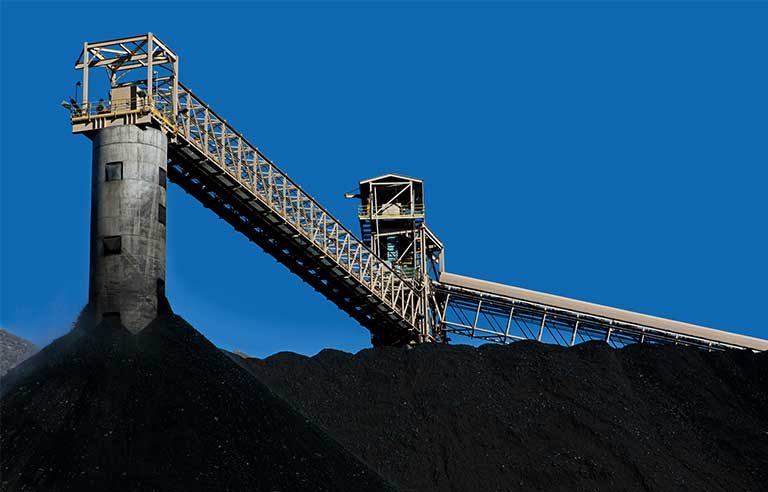Washington — The Division of Labor Workplace of Inspector Normal will conduct an audit of the Mine Security and Well being Administration’s capacity to full required safety and health inspections amid the COVID-19 pandemic.
In an audit notice dated Oct. 29 and addressed to MSHA Deputy Assistant Secretary for Coverage and performing administrator Jeannette Galanis, Carolyn Hantz, assistant inspector basic for audit packages, requests copies of inspection reviews and numerous different company data, insurance policies and procedures. These embrace:
- National, regional and district paperwork relevant to COVID-19 changes or different course of adjustments associated to obligatory safety and health inspections
- Standards for assigning and altering mine standing, together with any enterprise guidelines
- More moderen variations or pending adjustments to the MSHA Program Police Guide, Quantity 1; supervisors’ handbooks; the MSHA Centralized Software System person handbook; and the Inspection Software System person information
- Accountability audits, inside opinions and evaluations issued since Oct. 1, 2017, associated to mine standing classifications or adjustments, completion of obligatory inspections, or COVID-19
The Federal Mine Safety and Health Act of 1977 directs MSHA to examine underground mines 4 occasions yearly and floor mines twice a yr.
The audit discover signifies that “work is expected to begin immediately” after a gathering between DOL OIG and an MSHA audit liaison “to discuss the audit objective, scope and methodology.”
A DOL spokesperson instructed Security+Well being that “MSHA is aware of the OIG audit of the COVID-19 impact on MSHA’s mandatory inspection program and will comply with the request for information.”
During a Sept. 29 stakeholder convention name, Galanis stated MSHA won’t require COVID-19 vaccination or weekly negative testing on the nation’s mines. She stated the Mine Act provides MSHA the authority to difficulty hygiene-related citations and briefly shut down mine operations at services during which the coronavirus is discovered to be spreading.
Company officers on the decision additionally pointed to updated MSHA guidance – issued in March – that advises mine operators at coal, metallic and nonmetal mines to set up a virus safety program or increase an present one. The steering consists of suggestions on using private protecting tools, bodily distancing methods, bettering air flow, efficient hygiene and routine cleansing.
“We must be able to inspect mines during COVID,” Galanis stated, “and so our mine inspectors are doing their jobs and getting out there and trying to be as careful as possible.”



